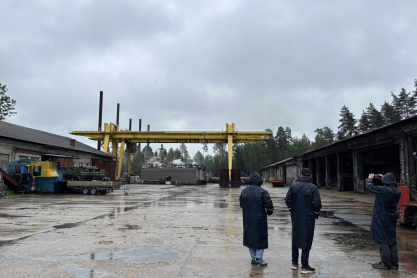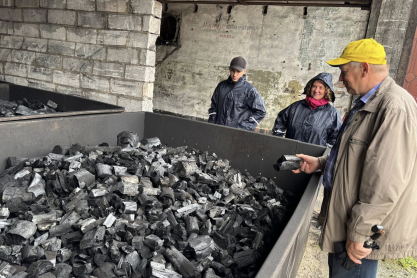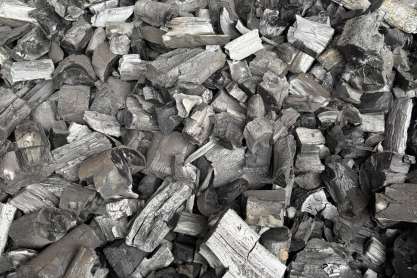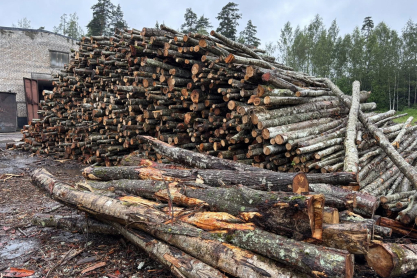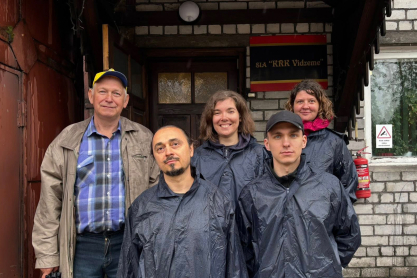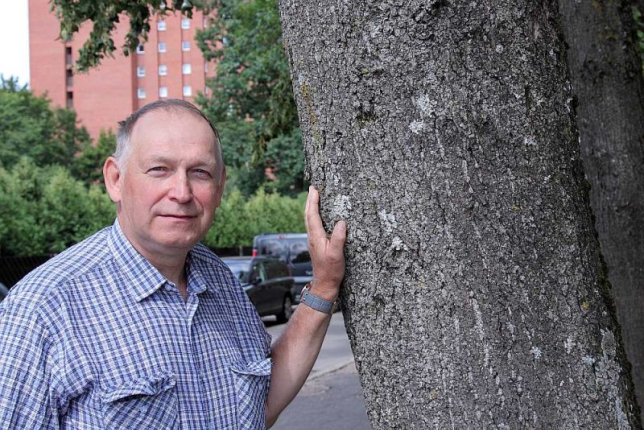LSIWC Researchers Visit Charcoal Producer “KRK Vidzeme”
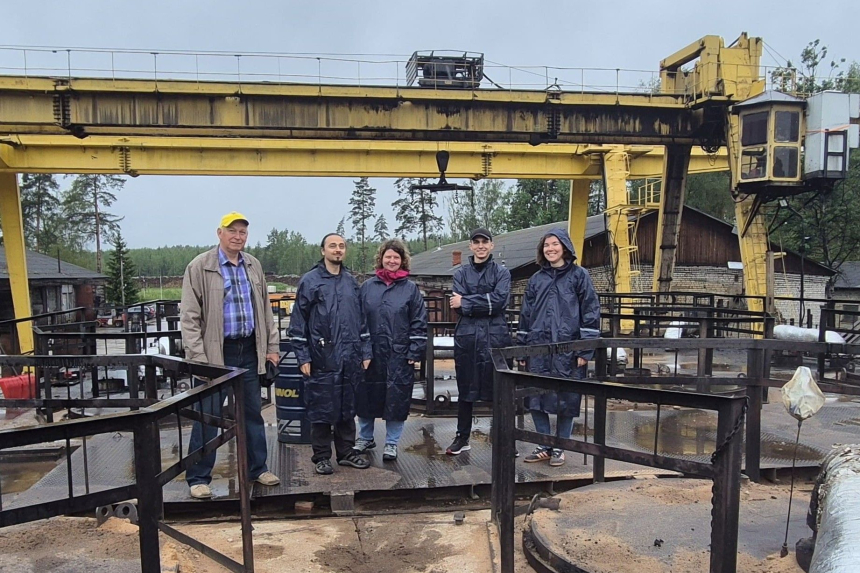
On 17 June, researchers from the Biorefinery Laboratory of the Latvian State Institute of Wood Chemistry visited SIA “KRK Vidzeme”, one of the largest charcoal producers in the Baltic region. The aim was to witness firsthand how scientific knowledge in pyrolysis and biomass conversion, developed at the Institute, is being integrated into a real-world industrial process with international outreach and a sustainable approach.
KRK Vidzeme exports its high-quality charcoal under the “Marienburg” brand to France, Belgium, Poland, Lithuania, and other countries. The feedstock consists of locally sourced wood from within an approximately 80 km radius.
Biochar: A Scientifically Validated Potential
According to the 2023 report “Biochar in Forestry. Status in the Nordic–Baltic countries” by the Norwegian Institute of Bioeconomy Research (NIBIO), biochar provides several important benefits:
Ecosystem and Climate Benefits:
- Carbon sequestration in soils – biochar is a stable form of carbon that can persist in the soil for hundreds of years. This makes it one of the most promising negative emissions technologies.
- Soil improvement – it enhances water and nutrient retention, stimulates microbial activity, and improves growing conditions, particularly in degraded soils.
- Forestry applications – pilot projects in Norway, Finland, Latvia, and Lithuania show that biochar use in forest regeneration can positively impact tree growth.
The report highlights that commercial-scale biochar production in Latvia is primarily concentrated in the Northeastern region, which aligns directly with the location of “KRK Vidzeme”, underlining the company’s potential role in this growing field.
Bioenergy in Latvia and the EU
According to the European Commission’s 2023 “Biomass for energy” (2023) briefing:
- Approximately 29% of Latvia’s primary energy consumption comes from biomass (mainly wood).
- Latvia ranks among the EU leaders in per capita bioenergy use.
- In the EU, 96% of biomass used for energy is sourced domestically – from national or regional origins.
Charcoal (biochar with a high degree of carbonisation) is recognised as a valuable energy resource with high calorific value. When combined with principles of sustainable forestry, it supports both decarbonisation and local energy resilience.
From Science to Industry
The visit by LSIWC scientists – Dr.sc.ing. Aivars Žūriņš, Dr.chem. Kristīne Meile, Ph.D. Ance Pļavniece, Dr.sc.ing. Aleksandrs Voļperts, and Bc.chem. Kalvis Liepiņš – is a strong reminder that only close collaboration between research and industry can lead to practical, modern, and competitive technologies.
The pyrolysis technology used at KRK Vidzeme is based directly on research developed at our Institute, demonstrating how scientific innovation can be successfully applied in industrial practice.
LSIWC remains committed to advancing this field by offering both technological innovation and a robust scientific foundation for local and international partners.
